OPEX MODEL
The OPEX model, also known as the "Pay-as-you-go" model, is ideal for commercial and industrial clients. Under this model, KPSS invests in the solar system, and the customer pays for the energy consumed at a predetermined rate. This model requires no upfront investment, making it a cost-effective option for businesses.
Technical Specification for OPEX Model
- Note: The technical specification may vary based on the specific requirements of the project.
Solar Panel Array:
Type: Monocrystalline or Polycrystalline photovoltaic (PV) panels.
Efficiency: 18-22% (monocrystalline preferred for higher efficiency).
Capacity: 50 kW to 500 kW or more (scalable based on energy requirements).
Mounting: Ground-mounted or rooftop with tilt adjustment for optimal sunlight exposure.
Durability: Weather-resistant, with a lifespan of 25+ years.
Inverter:
Type: Pure sine wave inverter for clean and stable power output.
Capacity: 50 kW to 500 kW or more (matches solar panel capacity).
Input Voltage: 48V or higher (compatible with battery bank).
Output Voltage: 220V/240V AC or 380V/415V AC (depending on regional standards).
Efficiency: ≥95% to minimize energy loss during conversion.
Battery Storage System:
Type: Deep-cycle lithium-ion batteries (preferred for commercial use).
Capacity: 100 kWh to 1 MWh or more (scalable based on energy needs).
Voltage: 48V or higher (matches inverter input).
Cycle Life: 3,000+ cycles with 80-90% Depth of Discharge (DoD).
Management: Integrated Battery Management System (BMS) for safety and performance.
Charge Controller:
Type: Maximum Power Point Tracking (MPPT) for higher efficiency.
Capacity: 100A to 500A or more (matches solar panel and battery bank size).
Input Voltage: Compatible with solar panel array voltage.
Output Voltage: Matches battery bank voltage.
Protection Features: Overcharge, over-discharge, short-circuit, and reverse polarity protection.
Backup Generator (Optional):
Type: Diesel or propane generator for commercial use.
Capacity: 50 kW to 200 kW (supplements solar during extended cloudy periods).
Integration: Automatic transfer switch for seamless power backup.
Fuel Efficiency: High-efficiency models to reduce operational costs.
Monitoring and Control System:
Type: IoT-enabled monitoring system with cloud connectivity.
Features: Real-time energy production, battery status, and consumption tracking.
Connectivity: Wi-Fi, Ethernet, or GSM for remote monitoring.
Alerts: Notifications for system faults, low battery, or maintenance requirements.
User Interface: Web portal or mobile app for easy access to system data.
Recent Projects


